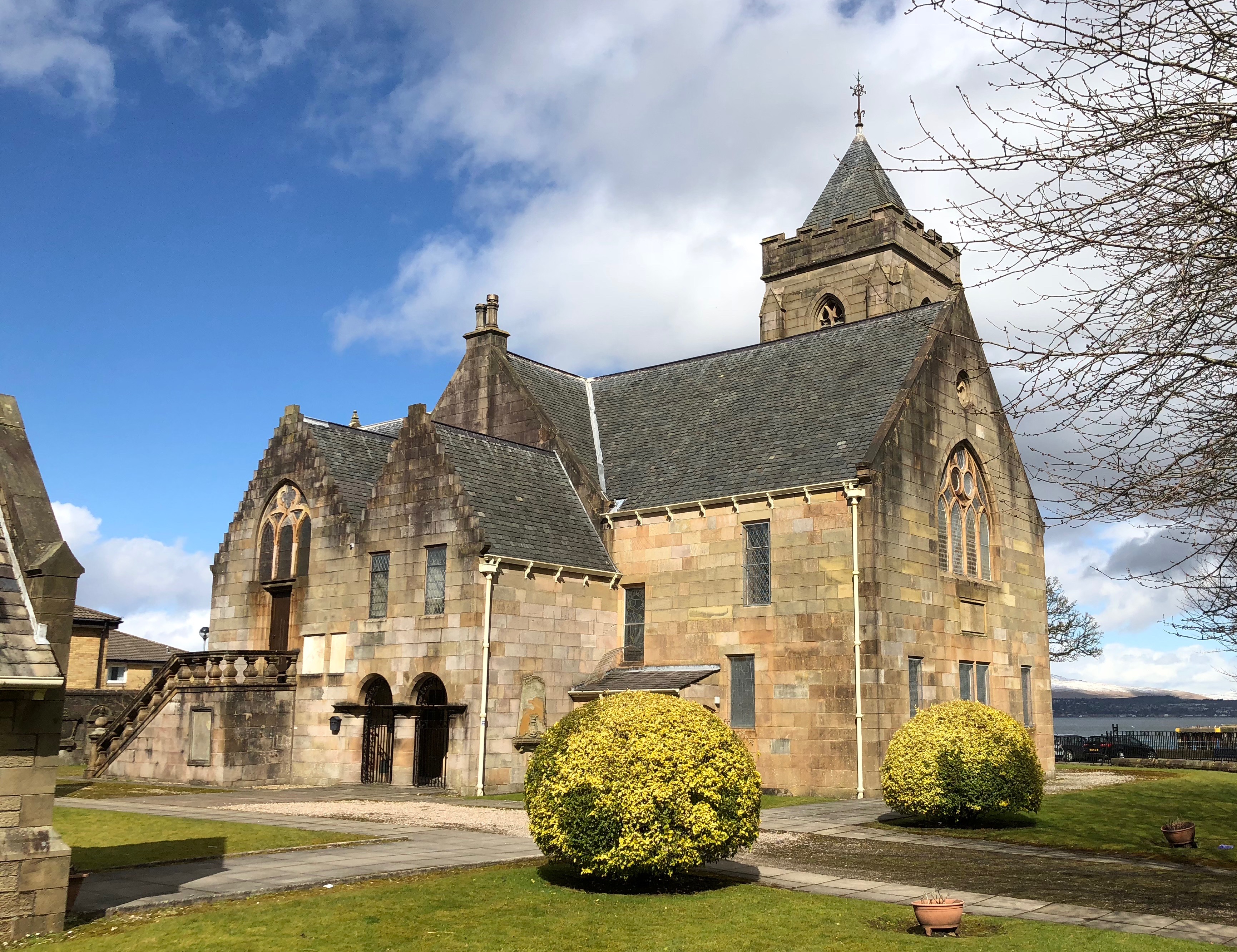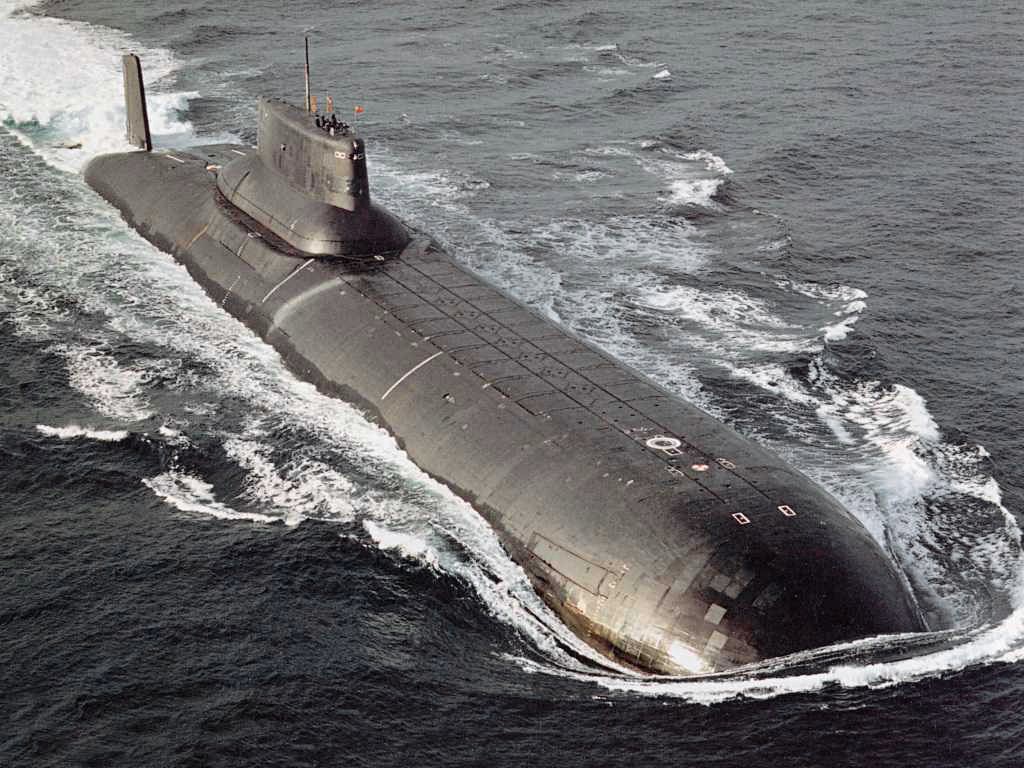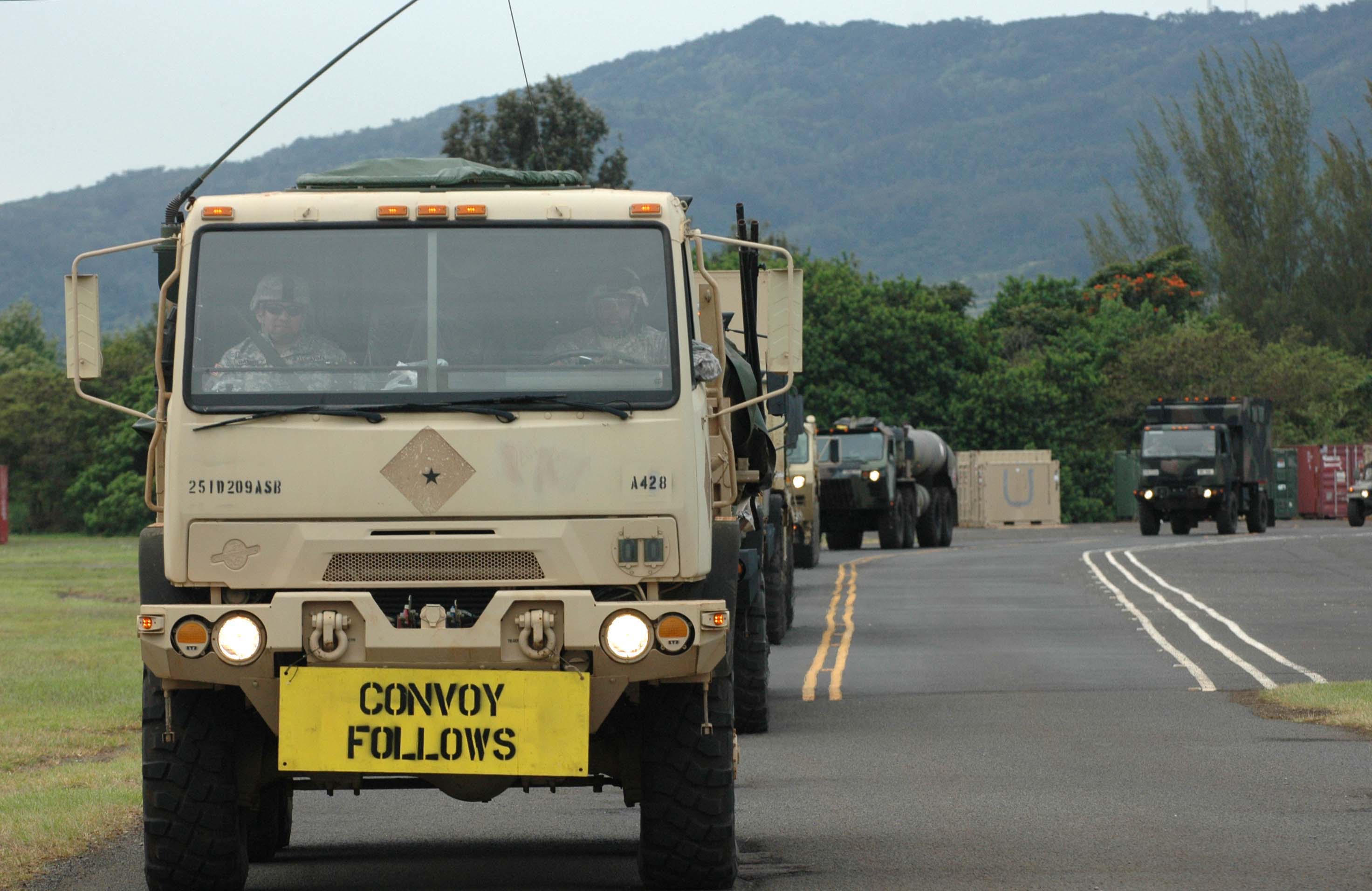|
Alexander Allan (ship-owner)
Captain Alexander "Sandy" Allan (26 February 1780 – 18 March 1854), was the Scottish sea captain and businessman who founded the Allan Shipping Line in 1819. Rising from shoemaker to shipping magnate in little more than thirty years, Allan retired in 1839 having made a fortune and created a transatlantic dynasty. He is recognised as one of the major contributors to Scotland's commercial interests in the early 19th century, and to the establishment of the Firth of Clyde as an international centre of shipping. During the Napoleonic Wars his brig ''Jean'' – so named for his wife – held the record for the fastest crossing between the Firth of Clyde and Quebec City. Under his five sons, the Allan Line became the world's largest privately owned shipping empire. Early life Sandy Allan was born at Fairlie Estate, Dundonald, South Ayrshire, the third son of James Allan – a cheerful and well-respected carpenter on the Fairlie House estate – and his wife Jean Brown (1750–1821 ... [...More Info...] [...Related Items...] OR: [Wikipedia] [Google] [Baidu] |
Fairlie, North Ayrshire
Fairlie is a village in North Ayrshire, Scotland. Location and status Fairlie sits on the eastern shore of the Firth of Clyde and looks across to the Isle of Arran and the Cumbraes. It is currently little more than a commuter village, with few businesses still running within Fairlie. These include the "Village Inn" (a pub and restaurant) and a petrol station According to the 2001 census, Fairlie counted 1,510 residents. Fairlie House near Gatehead, Ayrshire in East Ayrshire was named after the Fairlie family of Fairlie; its previous name had been Little Dreghorn. History King David I of Scotland appointed Sir Richard de Morville, a Norman, to hold land in Scotland. Thus he became High Constable of Scotland and Lord of Cunninghame, Largs and Lauderdale. This piece of land was later sub-divided among Richard's relatives and friends, and, in the 13th century, the land of Fairlie was held by the de Ros (or Ross) family of Tarbert, the land to the North was held by t ... [...More Info...] [...Related Items...] OR: [Wikipedia] [Google] [Baidu] |
Kilmarnock
Kilmarnock ( ; ; , ), meaning "the church of Mernóc", is a town and former burgh in East Ayrshire situated in southwest Scotland. The town has served as the administrative centre of East Ayrshire Council since 1996 and is the region's main commercial and industrial centre. The town has a total of 284 listed buildings and structures as designed by Historic Environment Scotland, including the Dick Institute, Dean Castle, Loanhead School and the original 1898 building of Kilmarnock Academy, with post–war developments of the controversial 1970s regeneration such as The Foregate and Clydesdale Bank building being considered for listed building status. The first passenger conveying railway in Scotland originated in Kilmarnock in 1812 as a horse-drawn plateway and became known as the Kilmarnock and Troon Railway. The first printed collection of works by Scottish poet Robert Burns was published in 1786 in Kilmarnock. '' Poems, Chiefly in the Scottish Dialect'', was pub ... [...More Info...] [...Related Items...] OR: [Wikipedia] [Google] [Baidu] |
Herring
Herring are various species of forage fish, belonging to the Order (biology), order Clupeiformes. Herring often move in large Shoaling and schooling, schools around fishing banks and near the coast, found particularly in shallow, temperate waters of the North Pacific Ocean, North Pacific and North Atlantic Oceans, including the Baltic Sea, as well as off the west coast of South America. Three species of ''Clupea'' (the type genus of the herring family Clupeidae) are recognised, and comprise about 90% of all herrings captured in fisheries. The most abundant of these species is the Atlantic herring, which comprises over half of all herring capture. Fish called herring are also found in the Arabian Sea, Indian Ocean, and Bay of Bengal. Herring played an important role in the history of marine fisheries in Europe, and early in the 20th century, their study was fundamental to the development of fisheries science. These oily fish also have a long history as an important food fish, and ... [...More Info...] [...Related Items...] OR: [Wikipedia] [Google] [Baidu] |
Atlantic Ocean
The Atlantic Ocean is the second largest of the world's five borders of the oceans, oceanic divisions, with an area of about . It covers approximately 17% of Earth#Surface, Earth's surface and about 24% of its water surface area. During the Age of Discovery, it was known for separating the New World of the Americas (North America and South America) from the Old World of Afro-Eurasia (Africa, Asia, and Europe). Through its separation of Afro-Eurasia from the Americas, the Atlantic Ocean has played a central role in the development of human society, globalization, and the histories of many nations. While the Norse colonization of North America, Norse were the first known humans to cross the Atlantic, it was the expedition of Christopher Columbus in 1492 that proved to be the most consequential. Columbus's expedition ushered in an Age of Discovery, age of exploration and colonization of the Americas by European powers, most notably Portuguese Empire, Portugal, Spanish Empire, Sp ... [...More Info...] [...Related Items...] OR: [Wikipedia] [Google] [Baidu] |
Montreal
Montreal is the List of towns in Quebec, largest city in the Provinces and territories of Canada, province of Quebec, the List of the largest municipalities in Canada by population, second-largest in Canada, and the List of North American cities by population, ninth-largest in North America. It was founded in 1642 as ''Fort Ville-Marie, Ville-Marie'', or "City of Mary", and is now named after Mount Royal, the triple-peaked mountain around which the early settlement was built. The city is centred on the Island of Montreal and a few, much smaller, peripheral islands, the largest of which is Île Bizard. The city is east of the national capital, Ottawa, and southwest of the provincial capital, Quebec City. the city had a population of 1,762,949, and a Census geographic units of Canada#Census metropolitan areas, metropolitan population of 4,291,732, making it the List of census metropolitan areas and agglomerations in Canada, second-largest metropolitan area in Canada. French l ... [...More Info...] [...Related Items...] OR: [Wikipedia] [Google] [Baidu] |
Greenock
Greenock (; ; , ) is a town in Inverclyde, Scotland, located in the west central Lowlands of Scotland. The town is the administrative centre of Inverclyde Council. It is a former burgh within the historic county of Renfrewshire, and forms part of a contiguous urban area with Gourock to the west and Port Glasgow to the east. The 2011 UK Census showed that Greenock had a population of 44,248, a decrease from the 46,861 recorded in the 2001 UK Census. It lies on the south bank of the Clyde at the " Tail of the Bank" where the River Clyde deepens into the Firth of Clyde. History Name Place-name scholar William J. Watson wrote that "Greenock is well known in Gaelic as , dative of , 'a sunny knoll. The Scottish Gaelic place-name is relatively common, with another Greenock near Callander in Menteith (formerly in Perthshire) and yet another at Muirkirk in Kyle, now in East Ayrshire. R. M. Smith in (1921) described the alternative derivation from Common Brittonic *, ... [...More Info...] [...Related Items...] OR: [Wikipedia] [Google] [Baidu] |
Warships
A warship or combatant ship is a naval ship that is used for naval warfare. Usually they belong to the navy branch of the armed forces of a nation, though they have also been operated by individuals, cooperatives and corporations. As well as being armed, warships are designed to withstand damage and are typically faster and more maneuverable than merchant ships. Unlike a merchant ship, which carries cargo, a warship typically carries only weapons, ammunition and supplies for its crew. In wartime, the distinction between warships and merchant ships is often blurred. Until the 17th century it was common for merchant ships to be pressed into naval service, and not unusual for more than half of a fleet to be composed of merchant ships—there was not a large difference in construction, unlike the difference between a heavily armoured battleship and an ocean liner. Until the threat of piracy subsided in the 19th century, it was normal practice to arm larger merchant ships such ... [...More Info...] [...Related Items...] OR: [Wikipedia] [Google] [Baidu] |
Convoy
A convoy is a group of vehicles, typically motor vehicles or ships, traveling together for mutual support and protection. Often, a convoy is organized with armed defensive support and can help maintain cohesion within a unit. It may also be used in a non-military sense, for example when driving through remote areas. Naval convoys Age of Sail Naval convoys have been in use for centuries, with examples of merchant ships traveling under naval protection dating to the 12th century. The use of organized naval convoys dates from when ships began to be separated into specialist classes and national navies were established. By the French Revolutionary Wars of the late 18th century, effective naval convoy tactics had been developed to ward off pirates and privateers. Some convoys contained several hundred merchant ships. The most enduring system of convoys were the Spanish treasure fleets, that sailed from the 1520s until 1790. When merchant ships sailed independently, a privateer c ... [...More Info...] [...Related Items...] OR: [Wikipedia] [Google] [Baidu] |
Arthur Wellesley, 1st Duke Of Wellington
Field marshal (United Kingdom), Field Marshal Arthur Wellesley, 1st Duke of Wellington (; 1 May 1769 – 14 September 1852) was a British Army officer and statesman who was one of the leading military and political figures in Britain during the late 18th and early 19th centuries, twice serving as Prime Minister of the United Kingdom. He was one of the British commanders who ended the Anglo-Mysore wars by defeating Tipu Sultan in 1799 and among those who ended the Napoleonic Wars in a Coalition victory when the Seventh Coalition defeated Napoleon at the Battle of Waterloo in 1815. Wellesley was born into a Protestant Ascendancy family in Dublin, Kingdom of Ireland, Ireland. He was commissioned as an Ensign (rank), ensign in the British Army in 1787, serving in Ireland as aide-de-camp to two successive lords lieutenant of Ireland. Wellesley was also elected as a Member of Parliament (United Kingdom), member of Parliament in the Irish House of Commons. Rising to the rank of Colon ... [...More Info...] [...Related Items...] OR: [Wikipedia] [Google] [Baidu] |
British Government
His Majesty's Government, abbreviated to HM Government or otherwise UK Government, is the central government, central executive authority of the United Kingdom of Great Britain and Northern Ireland.Overview of the UK system of government : Directgov – Government, citizens and rights Archived direct.gov.uk webpage. Retrieved on 29 August 2014. The government is led by the Prime Minister of the United Kingdom, prime minister (Keir Starmer since 5 July 2024) who appoints all the other British Government frontbench, ministers. The country has had a Labour Party (UK), Labour government since 2024 United Kingdom general election, 2024. The ... [...More Info...] [...Related Items...] OR: [Wikipedia] [Google] [Baidu] |
Brigantine
A brigantine is a two-masted sailing vessel with a fully square-rigged foremast and at least two sails on the main mast: a square topsail and a gaff sail mainsail (behind the mast). The main mast is the second and taller of the two masts. Older usages are looser; in addition to the rigorous definition above (attested from 1695), the ''Oxford English Dictionary'' includes two definitions: "a small vessel equipped both for sailing and rowing, swifter and more easily manœuvred than larger ships" and "(loosely) various kinds of foreign sailing and rowing vessels, as the galleon, galliot, etc." Modern American definitions include vessels without any square sail(s) on the main mast. Mediterranean brigantines In the Mediterranean Basin during the 13th century, a brigantine referred to a sail- and oar-driven war vessel. It was lateen rigged on two masts and had between eight and twelve oars on each side. Its speed, maneuverability, and ease of handling made it a favourite of Med ... [...More Info...] [...Related Items...] OR: [Wikipedia] [Google] [Baidu] |
Peninsular War
The Peninsular War (1808–1814) was fought in the Iberian Peninsula by Kingdom of Portugal, Portugal, Spain and the United Kingdom of Great Britain and Ireland, United Kingdom against the invading and occupying forces of the First French Empire during the Napoleonic Wars. In Spain, it is considered to overlap with the Spanish War of Independence. The war can be said to have started when the First French Empire, French and History of Spain (1808–1874), Spanish armies Invasion of Portugal (1807), invaded and occupied Portugal in 1807 by transiting through Kingdom of Spain (1810-1873), Spain, but it escalated in 1808 after First French Empire, Napoleonic France occupied History of Spain (1808–1874), Spain, which had been its ally. Napoleon Bonaparte Abdications of Bayonne, forced the abdications of Ferdinand VII of Spain, Ferdinand VII and his father Charles IV of Spain, Charles IV and then installed his brother Joseph Bonaparte on the Spanish throne and promulgated the ... [...More Info...] [...Related Items...] OR: [Wikipedia] [Google] [Baidu] |








